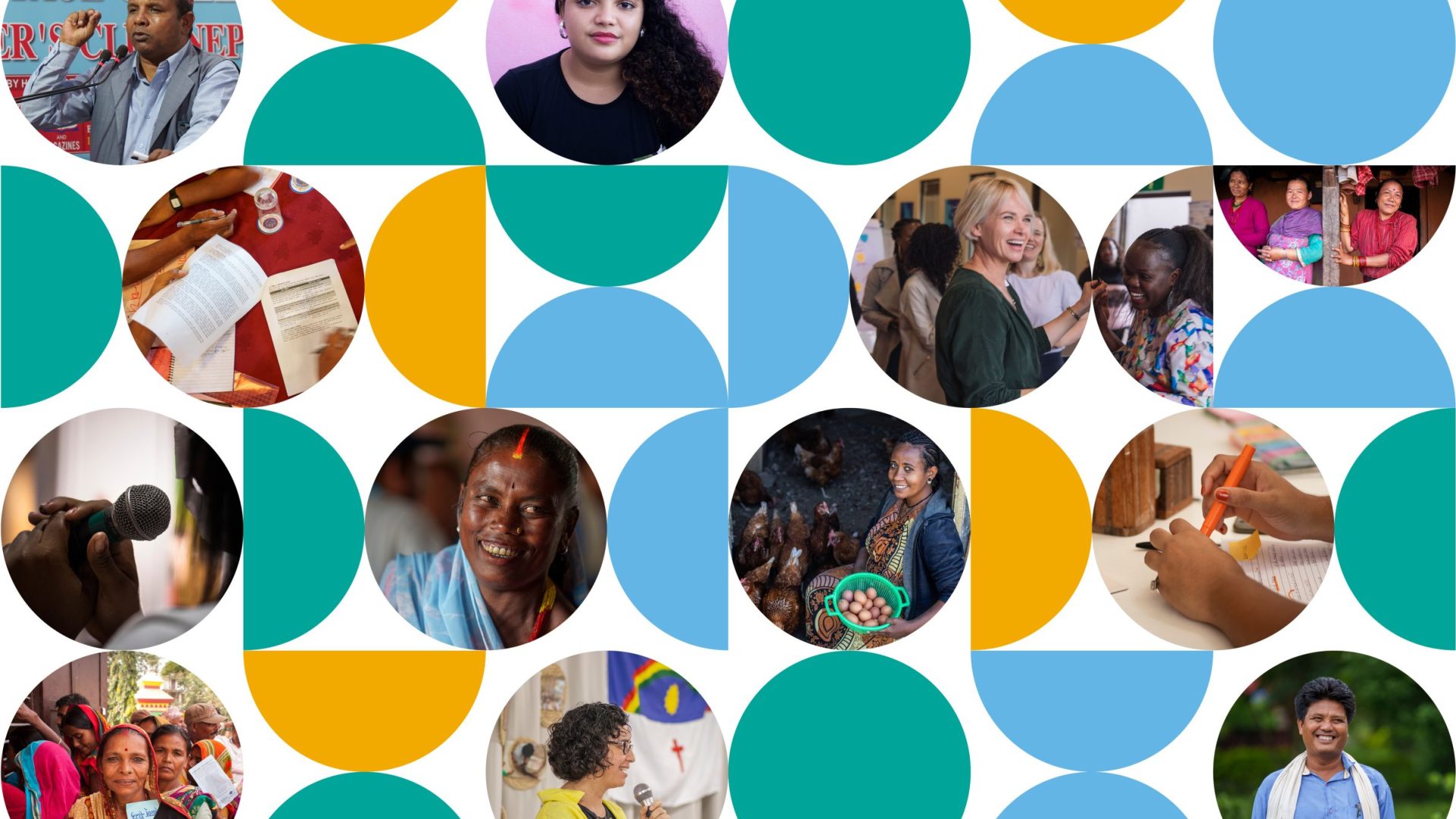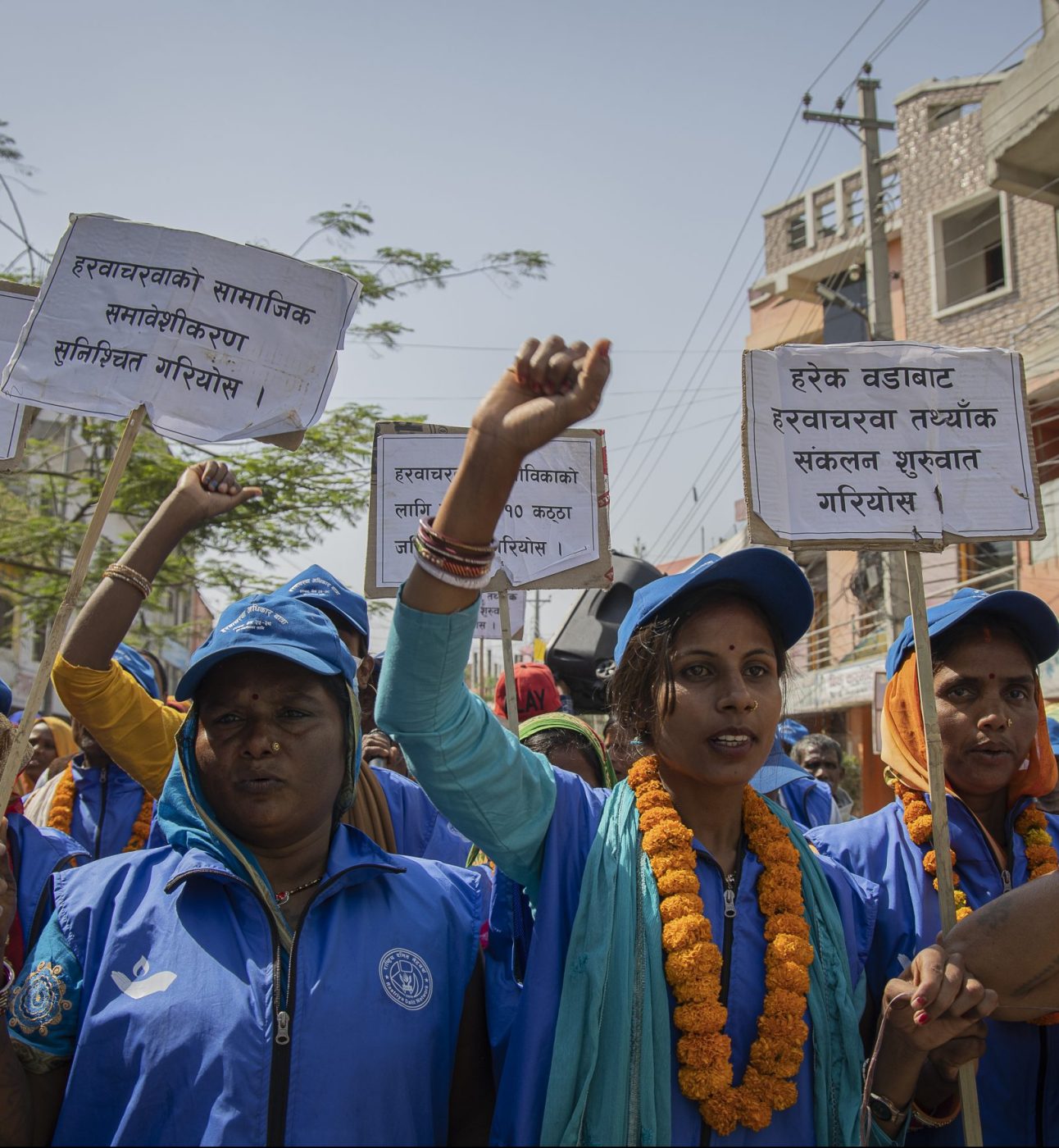
About this site
Funding Frontline Impact is an initiative of the Freedom Fund – part of our effort to share our learnings and move more and better funding to frontline groups.
Who we are
The Freedom Fund is a global fund with the sole aim of ending modern slavery. Since 2014, we have funded over 170 frontline organisations and invested over $70m globally.
Much of our funding takes place in what we call ‘hotspots’ – meaning geographic areas with high prevalence of modern slavery. Within these geographies, we support several locally-led organisations who collaborate to address a particular form of modern slavery using a range of interventions. By funding in this clustered way and providing a range of other non-financial support, these small organisations can collectively contribute to systems-level impact.
What you’ll find
We’ve learned a lot over the years, and we are passionate about driving more investment to frontline organisations, their leadership and their long-term impact. Across this site, we share advice, stories and tools to help you on your own frontline grantmaking journey, no matter the cause or geography.
We’ve included:
- Funding principles that we believe all frontline donors should follow.
- Practical, honest advice about various steps in the grantmaking process and the challenges you might encounter.
- Case study videos from our work to help put principles into context, featuring Freedom Fund team members from around the world.
- Easily adaptable resources, including guides, templates and tools.
- Ways to take action by getting in touch and helping us promote better resourcing for frontline groups.

Activists in Nepal participate in the Harawa Charawa Rights Caravan, a protest calling for greater government action to liberate bonded labourers. The Freedom Fund has supported Harawa Charawa groups since 2014.
What do we mean by 'frontline'?
When the Freedom Fund uses the term ‘frontline organisation’ in our work, we are referring to groups who are directly impacted by modern slavery or who work closely with communities where exploitation is prevalent. These groups are locally-led and grassroots in their history and operations, with strong grounding in local culture and context and accountability and trust from their communities. They are deeply in tune to the many root causes that make people more vulnerable to exploitation, such as poverty and inequality, identity-based discrimination, conflict and climate change.
Frontline groups may look different depending on the issue, and they may range in size, but their proximate leadership and ties to community are critical to their effectiveness.
